Former Palestinian leader Yasser Arafat died mysteriously on November 11, 2004. Images of the man whom some still consider ‘the symbol of Palestine’ continue to proliferate in the occupied West Bank and Gaza.
In death as in life, Yasser Arafat has loomed large over the Palestinian people and their protracted search for a homeland.

The disunity and isolation, which has been the fate of the Palestinians since his death as evident from the factional fights between Hamas and Fatah, reveals how critical his presence was to keep them united.

When he died in 2004, Yasser Arafat was the president of a moribund Palestinian Authority, an interim body set up in 1994 which was to have handed power to a permanent government by 1999.
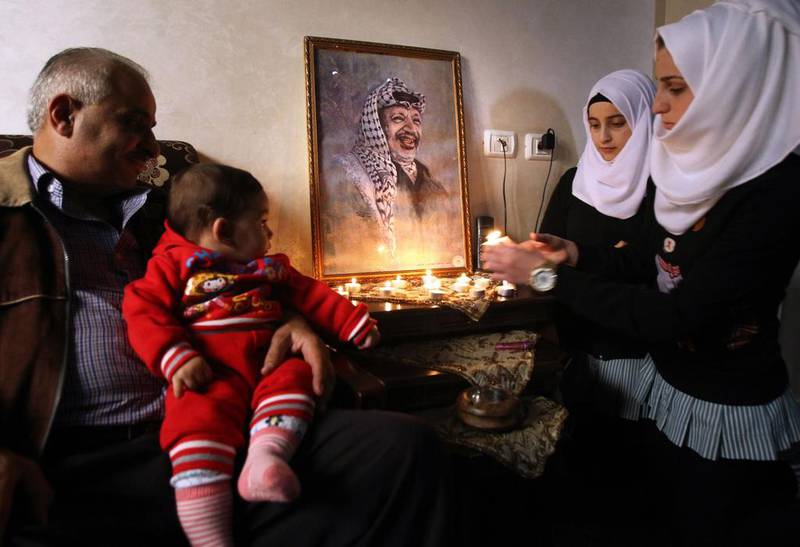
Arafat not only gave a sense of dignity and identity to the Palestinian diaspora, but he also proved that the Palestinians reckon no sacrifice too high in the achievement of their goals.
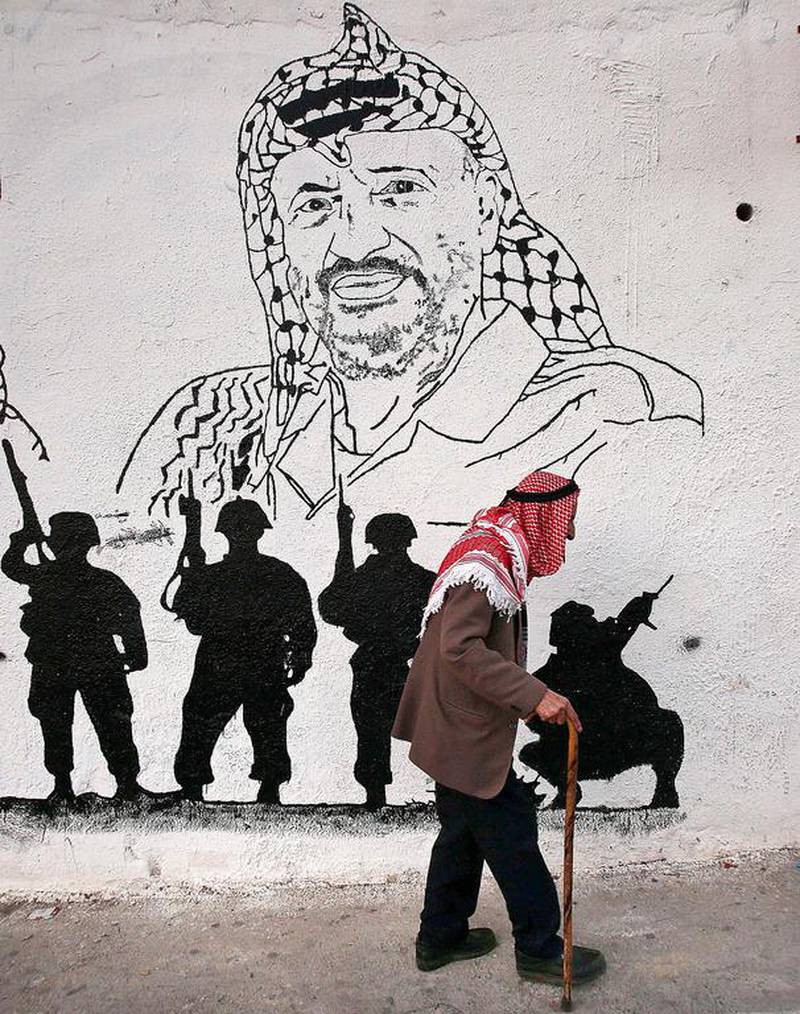
‘It was Arafat who was the first to take the painful decision to recognise the 1967 lines and abandon 78 per cent of historic Palestine and open the way to coexistence,’ says Xavier Abu Eid, spokesman for the Palestine Liberation Organisation.

Yasser Arafat embodied the Palestinian struggle and fought against Israel before becoming a partner in the largely fruitless peace process.
He finally decided to opt for the peace process and signed the Oslo Accords in 1993. The great revolutionary turned into a votary of peace, and in the last decade of his life, carried on his mission for a peaceful negotiated settlement.
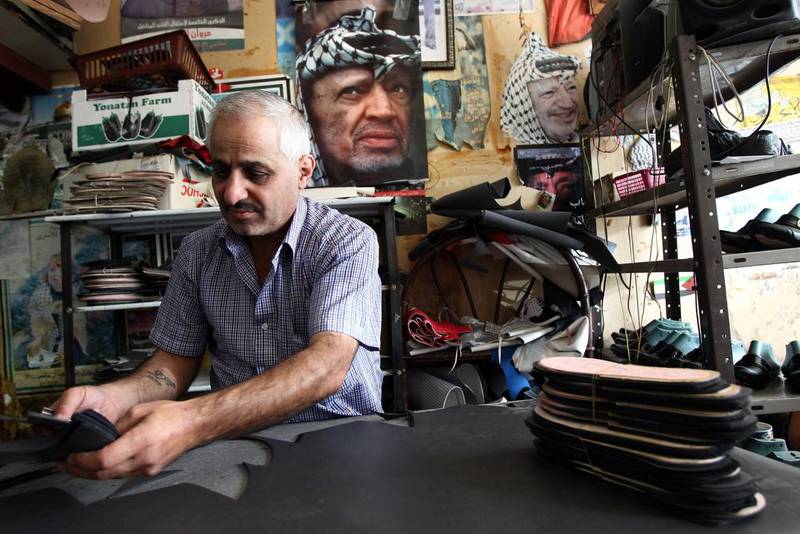
Yasser Arafat did not succeed, not for want of political will or courage but for the perfidy and arrogance of his adversaries.




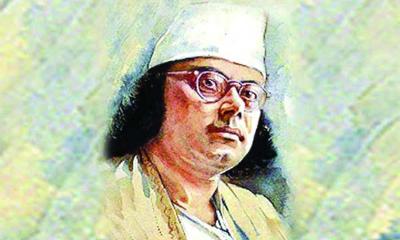
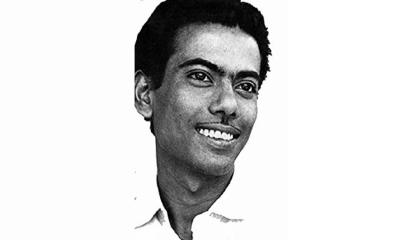
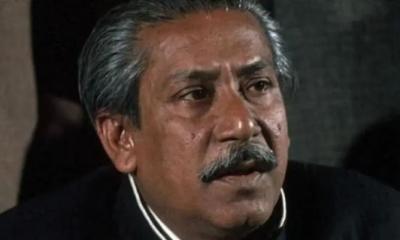
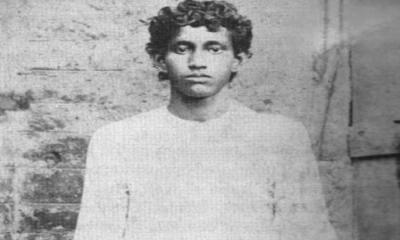
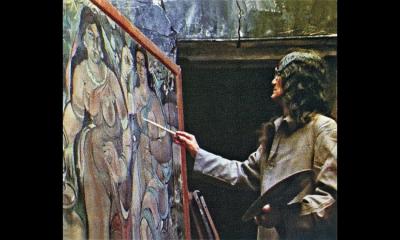




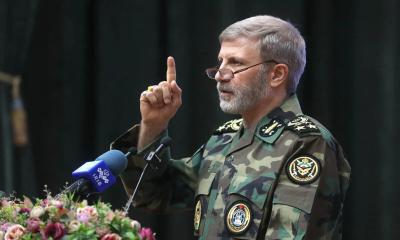
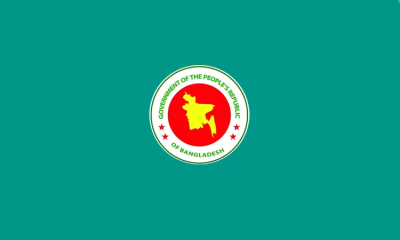
-20260107111805.webp)


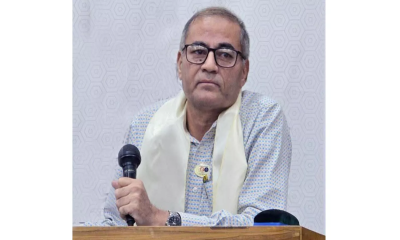




-20260107070753.jpeg)
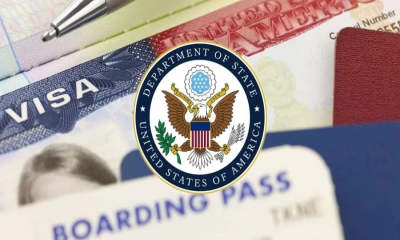
-(2)-20260102070806.jpeg)

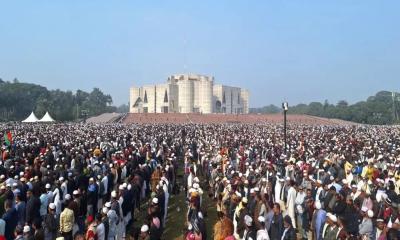
-(25)-20251122062715-20260105041159.jpeg)
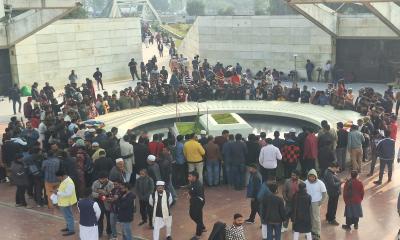


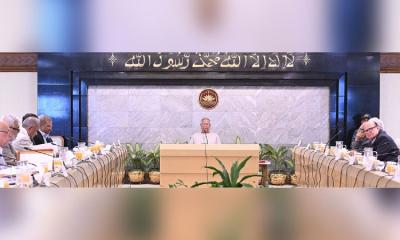




-20260103102222.webp)

